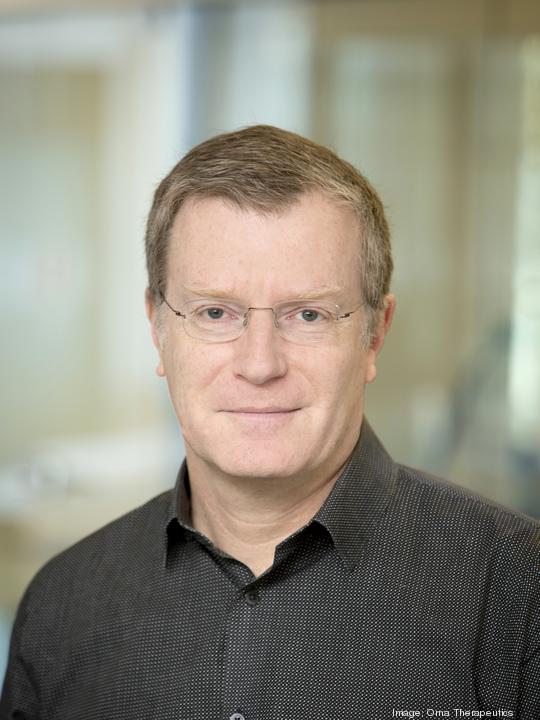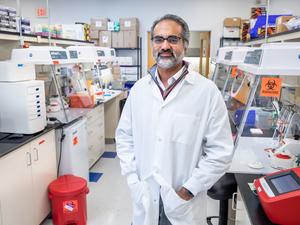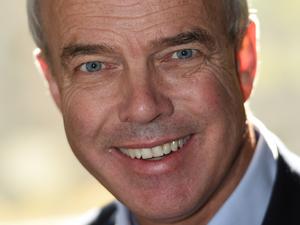
A two-year-old biotech, flush with $100 million in venture capital, is researching whether RNA shaped in a circle, rather than in a line, can be more effective as a pharmaceutical treatment.
The story behind Orna Therapeutics begins, like many local biotech stories do, in a lab at MIT. A graduate student there was working on answering a simple question: Could one make circular RNA, rather than linear RNA, and form an expressive protein?
In theory, circular RNA has several advantages. It's simpler to produce, because it forms spontaneously and in a single step, unlike linear RNA, which involves several steps before completion. A circle is also more compact than a line, potentially making it the perfect cargo for lipid delivery vehicles. Circular RNA also tends to last longer inside the cell than linear RNA, which tends to fray at its exposed ends.
So when that MIT lab succeeded in creating RNA in the form of a circle, Cambridge-based health care investment firm MPM Capital provided the seed capital to spin out what would become Orna Therapeutics. The Cambridge-based startup, which formed in 2019, is now developing the new RNA technology for a variety of clinical applications.
Although it has been in existence for nearly two years, Orna made its official debut on Wednesday with more than $100 million in funding, $80 million of which comes from a recently closed Series A round. The round was co-led by MPM Capital, Taiho Venture, and F2 Ventures, with participation from Kite, Bristol Myers Squibb, Astellas Venture Management, Novartis Institutes for Biomedical Research and the PAGS Group.
In the next year, Orna plans to double its headcount, to more than 50 by the end of the year from the 20 or so employees on its team now.
The new funding is intended to propel Orna's technology into the clinic. The startup spent the better part of 2020 determining which targets to address, so 2021 can be spent developing a robust pipeline of programs, said Thomas Barnes, MPM executive partner, who heads up Orna as CEO.
"MPM had this vision of combining the circular RNA technology with a delivery solution that was targeting immune cells," Barnes said. "If you could do that, you could get the benefit of all the success you currently have with engineered cell therapy with a product where all the cell manufacturing is happening inside the body."
Barnes — who was also previously the chief scientific officer of Intellia Therapeutics — is referring to ex vivo cell therapy, a laborious and cost-intensive process by which cells are removed from a patient's body, manipulated such that they can deliver treatments, then injected back in. Orna's promise is to replace that process with its circular RNA-based solution, which Barnes characterizes as "more pharmaceutical, safer, universally available."
One of the applications Orna's team envisions is next-generation CAR-T therapy, traditionally one of the ex vivo therapies the startup hopes to eventually replace. As it stands, CAR-T therapy involves taking T-cells from a patient's blood and changing them in the lab so they attack cancer cells. Orna's approach, as pitched, would make that process less intensive — and less expensive.
"Those early therapies are transformative, but they're not perfect," said Greg Motz, Orna's vice president and head of biology, who pointed out that CAR-T therapy can cost more than $1 million. "In vivo delivery of that technology in patients, that can immediately deliver on the promise of CAR therapy and continue to transform the field and democratize the therapy to address more patients."








